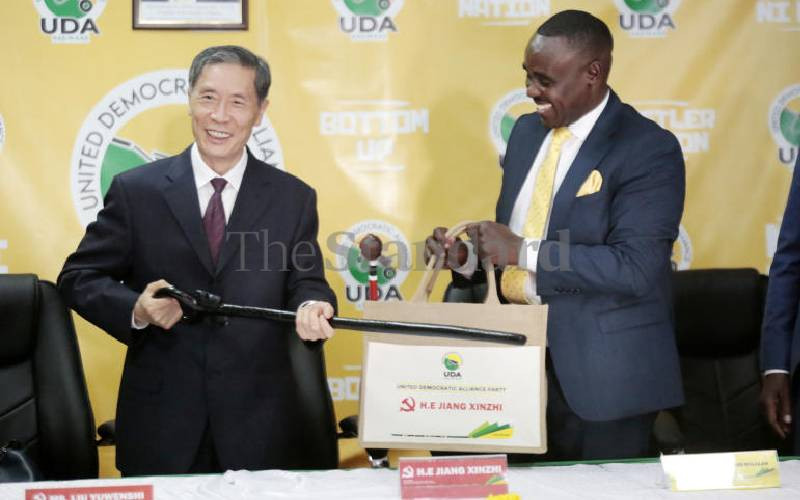×
The Standard e-Paper
Home To Bold Columnists

How times have changed. To be associated with communism 30 years ago was a direct ticket for a lengthy prison term.
Careers and dreams of politicians and scholars ended up in prison cells while their families were ostracised. Today China dominates many spheres of Kenyans lives and the ruling elite is looking to the East for inspiration and financial salvation.